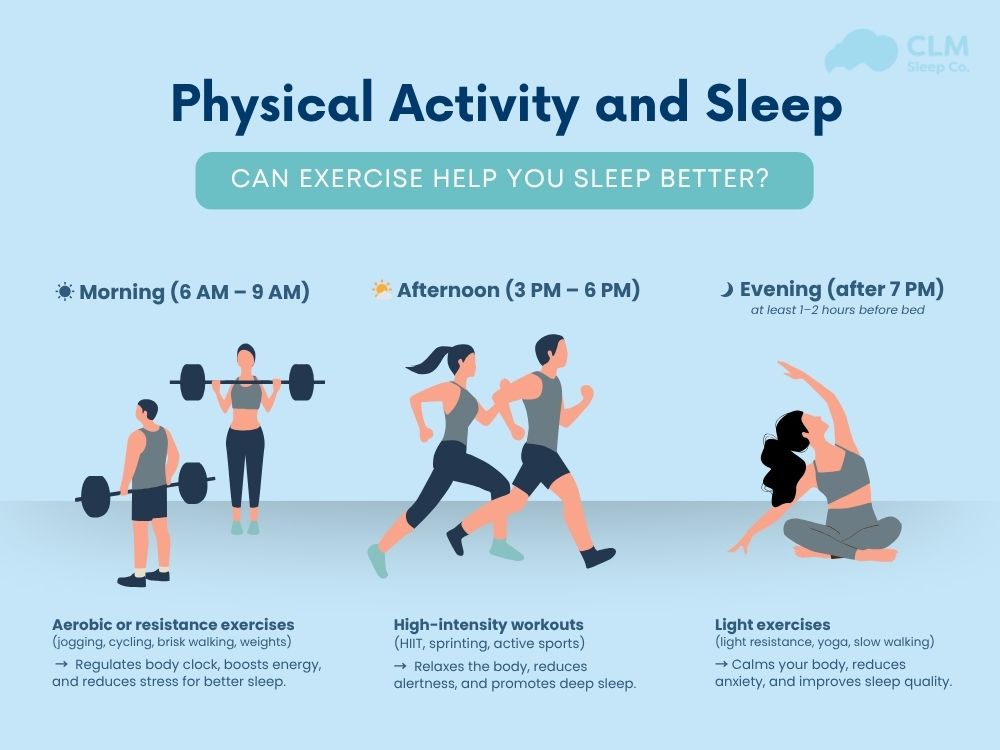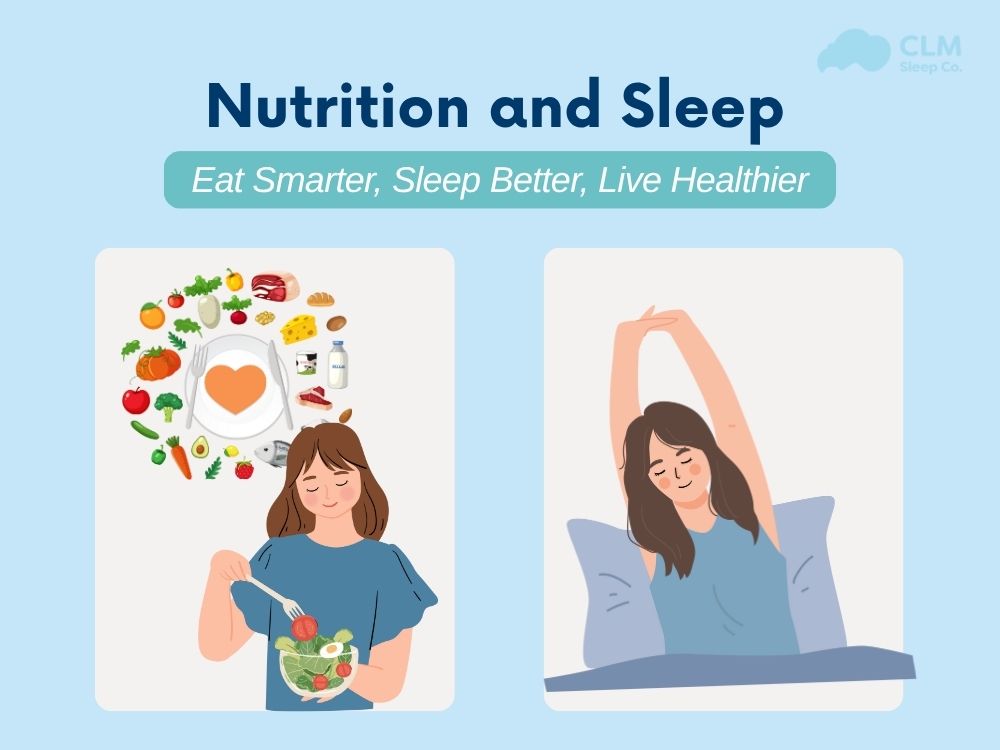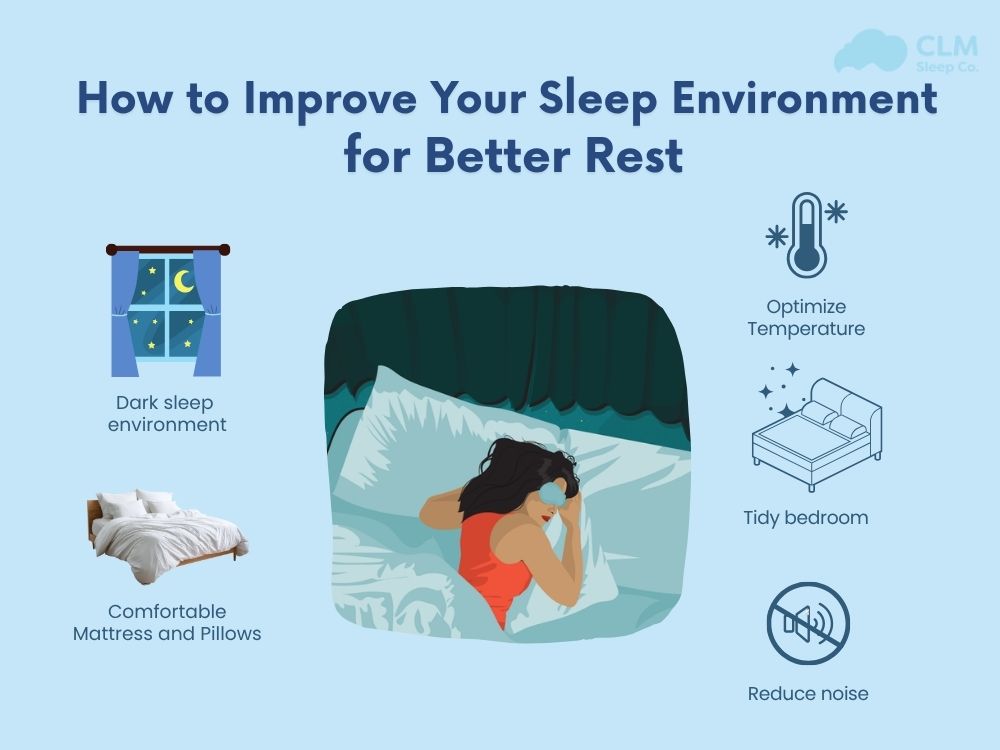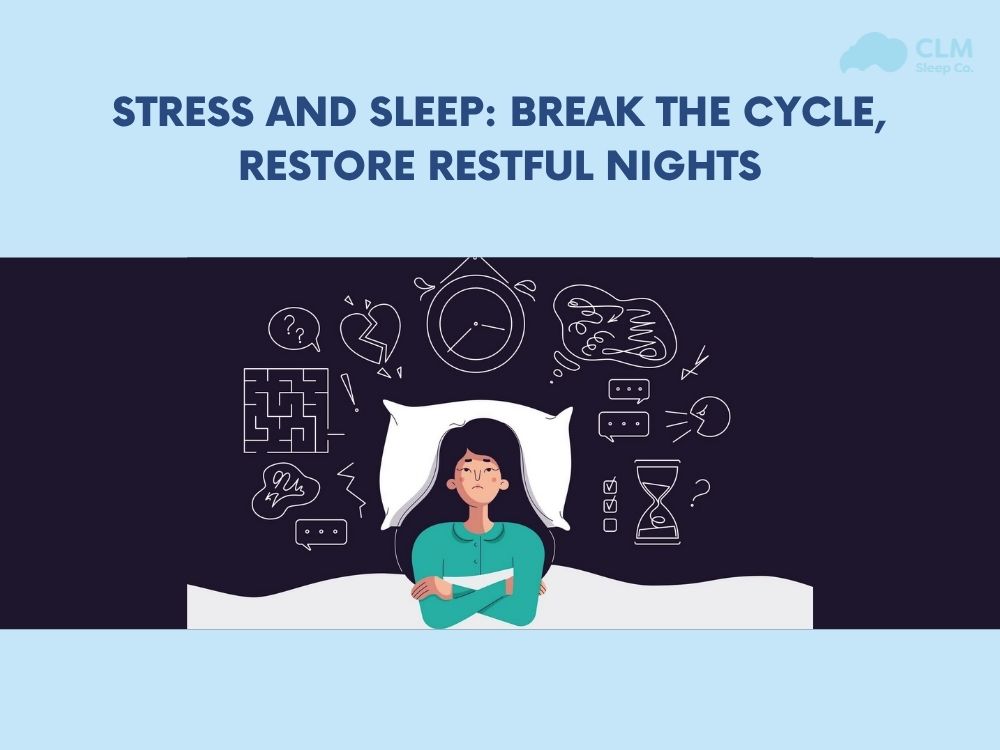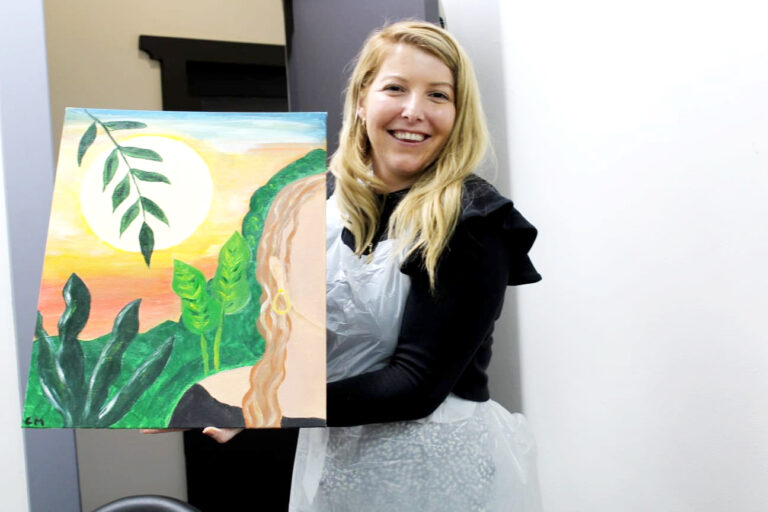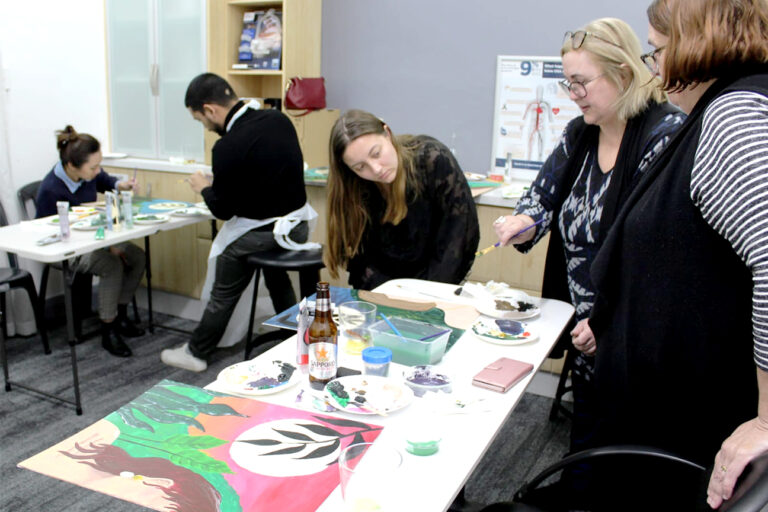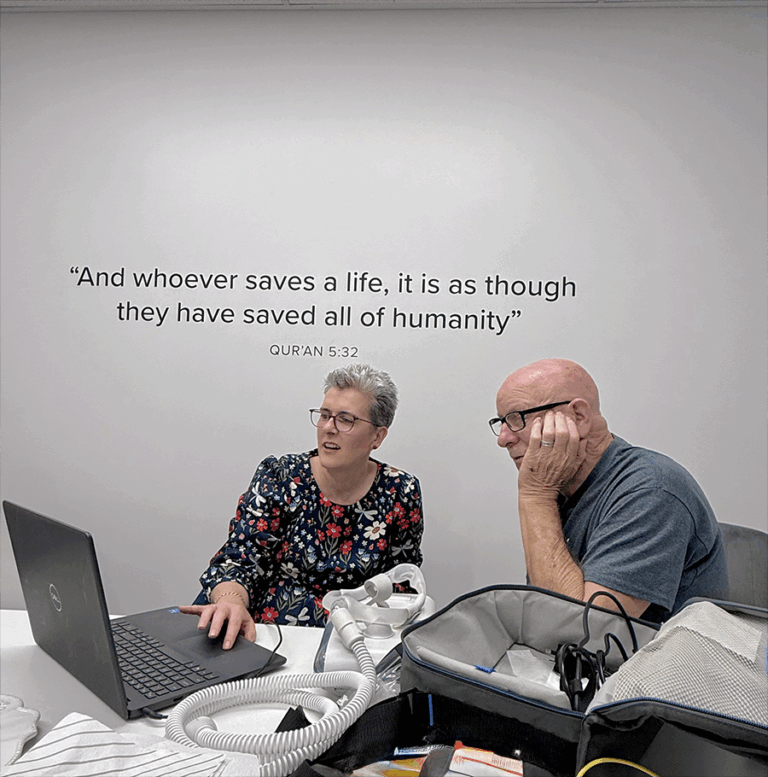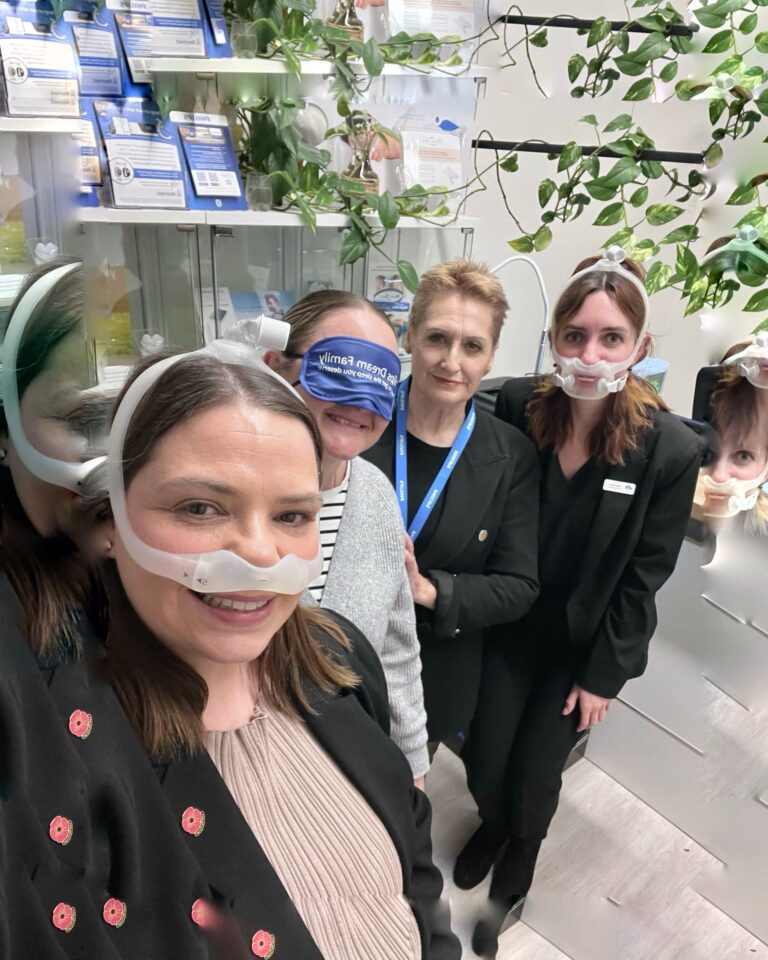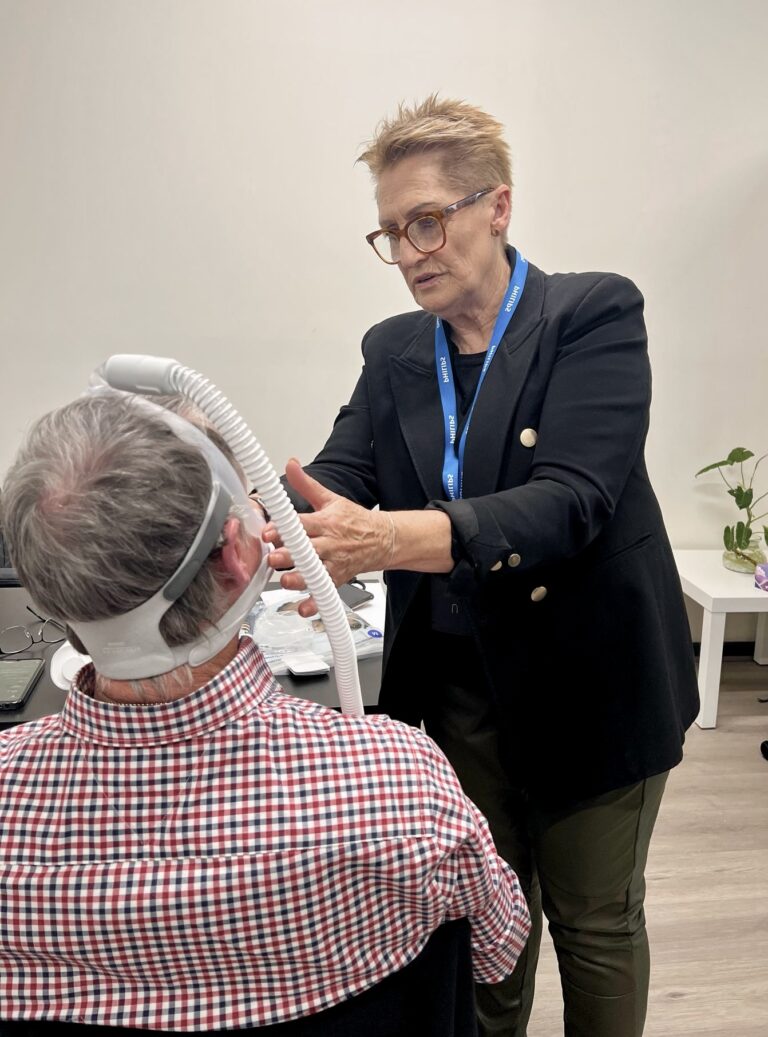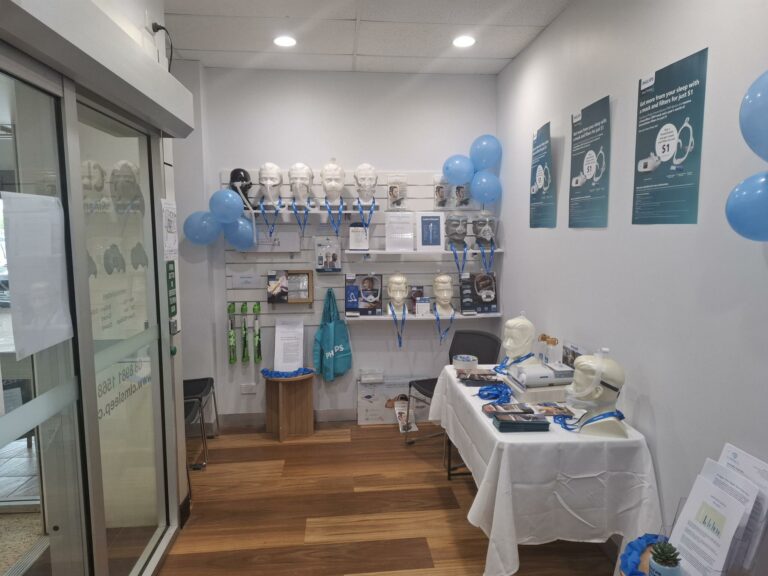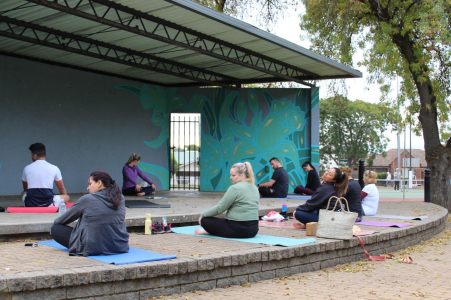A good night’s sleep is one of the most effective ways to recover both physically and mentally. Physical activity plays an important role in this healing recovery process. Studies consistently show that exercise and sleep are deeply connected: staying active can help you fall asleep faster, enjoy deeper rest and wake up feeling more refreshed. But how does exercise affect sleep and what type of workout is best? In this article, we’ll explore how physical activity impacts your sleep, the best exercises for better sleep and the ideal time to work out for a healthy.
How does physical activity affect sleep?
Sleep is the body’s natural recovery system, “which young people (GenZ) today jokingly refer to as the cheapest healing method,” a time when the brain eliminates toxins, muscles are regenerated, and hormones are balanced. Regular physical activity influences all metabolic processes, regulation, and balance in the body.
- Regulates your circadian rhythm. Exercise helps synchronize your internal body clock,telling your brain when it’s time to be alert and when to wind down. Exercising in the morning or afternoon has a positive impact on helping the body acclimate to its natural sleep-wake cycle.
- Physical activity helps reduce stress and anxiety before sleep. Movement triggers the release of endorphins and lowers cortisol levels, calming your nervous system so you fall asleep more easily.
- Help improve the quality of deep sleep. Many studies show that people who maintain regular physical activity have better sleep quality, which aids in the important phase of muscle recovery and memory consolidation.
- Exercise and sleep help regulate body temperature. Exercise raises your core temperature and the post workout cooldown signals your body that it’s time to rest. This natural temperature drop promotes drowsiness at night.
The Best Types of Exercise for Better Sleep
Indeed, exercising is good, but not all workouts affect sleep in the same way. Choosing the right type and intensity will determine whether you sleep deeply or toss and turn. Here’s how different forms of exercise play their part in promoting exercise for better sleep, helping you understand, compare, and make the right choice.
Aerobic Exercise
Aerobic exercises, in addition to indoor group workouts, also include activities like walking, jogging, cycling or swimming boost your heart rate and increase oxygen flow. Aerobic workouts improve cardiovascular health and help your body use energy more efficiently, reducing nighttime restlessness. Even 30 minutes a day, 5 days a week, and you can see a clear improvement in your sleep.
Strength training
Weightlifting or bodyweight exercises like squats and push-ups stimulate muscle growth; these are high-calorie-burning exercises that also have a strong impact on the entire body. They also increase overall fatigue, making it easier to fall asleep faster. However, try not to lift heavy right before bed to allow a few hours for your body to cool down.
Yoga
Yoga combines stretching, breathing, and meditation, making it the perfect trio for relaxation. Gentle forms like hatha or Restorative Yoga calm the parasympathetic nervous system, reducing anxiety and preparing the body for rest. Practicing even 15 – 20 minutes in the evening can help regulate breathing and heart rate before sleep.
Low – Impact Exercise
If you are older, recovering from an injury, or prefer light exercise, choose activities like walking, stretching, or tai chi and avoid strenuous exercise. These movements relieve tension, improve circulation and support flexibility all of which promote calm and restorative sleep.
No matter which form you choose, the important thing is to maintain consistency and perseverance. Aim to incorporate at least 150 minutes of moderate physical activity weekly to see noticeable benefits for sleep.
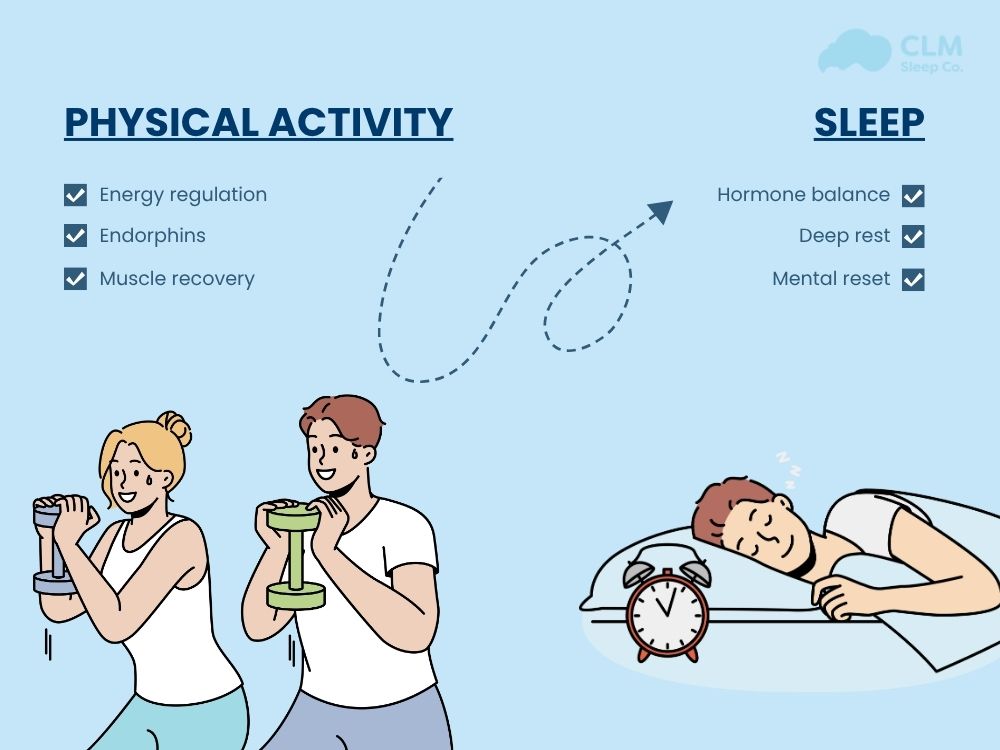
The Best Times to Exercise for Healthy Sleep
Do you know, the timing of your workouts can dramatically influence how exercise affects sleep. As the saying goes, practicing at the right time and resting properly.
Morning Exercise
Morning workouts, especially outdoors, are ideal for resetting your internal clock. Natural light and early movement signal to the body that “a new day begins,” helping you feel more alert and sleep better at night. People who exercise in the morning tend to sleep more deeply and wake up less often during the night.
Afternoon Exercise
In the afternoon, the most exercise timing and sleep from 3 to 6 o’clock is when the body reaches its highest performance: temperature, muscle strength, and flexibility are all at their peak. However, intense workouts less than two hours before bed can raise adrenaline and heart rate, making it harder to wind down. If you like to exercise in the evening or cannot arrange your time, choose yoga or light stretching to balance your workout and sleep.
Who Should Be Careful When Exercising for Sleep?
Although exercise brings many benefits, for some exercises it is necessary to have the correct technique to avoid improper posture that can lead to injury. Especially for those with underlying health conditions or poor physical condition, it is advisable to consult and receive guidance from a doctor.
People With Insomnia
If you struggle with falling asleep or staying asleep, avoid high intensity workouts close to bedtime. And vigorous exercise increases cortisol and adrenaline, which can delay sleep onset. Instead, you should take a walk in the early morning or do light yoga in the evening to help your body relax.
People With Sleep Apnea
Those with sleep apnea should avoid exercise that requires lying flat on the back for extended periods such as certain ab workouts or heavy bench presses. Instead, choose standing or seated cardio exercises that help improve respiration without causing shortness of breath.
Older Adults
Elderly people should prioritize gentle exercises such as walking, stretching, or tai chi to enhance mobility, reduce joint stiffness and improve circulation without overexertion. These exercises increase blood circulation, reduce joint stiffness, improve sleep, and keep the mind sharp.
People With Heart or Breathing Problems
If you have heart disease, asthma, or other respiratory issues, consult your doctor before changing your exercise routine. The wrong intensity or posture can affect breathing and cardio function, potentially disturbing physical activity and sleep patterns rather than improving them.
Conclusion
Physical activity and sleep are two interrelated factors that undeniably enhance health due to the benefits they provide to the body. Regular exercise promotes deeper, more restorative rest, while quality sleep gives you the energy to stay active and motivated. The secret lies in choosing the right type, the right timing, and listening to your body.
So whether it’s a morning jog, a midday gym session or a calming yoga flow at night moving your body today can help you sleep better tonight. Naturally, deeply and peacefully.
FAQs
Why do I struggle to sleep after exercise?
The reason may lie in the exercise you choose or not doing it in the correct posture. For example, when you exercise too heavily or too close to bedtime, your heart rate, body temperature, and adrenaline remain high, making it difficult for your body to “shut down.” Therefore, finish your workouts at least two hours before bedtime and include gentle stretching or breathing exercise to signal your body it’s time to rest.
What are 10 benefits of physical activity?
- Improving sleep quality
- Boost cardiovascular health
- Enhancing energy and metabolism for the body
- Reduce stress, anxiety
- Strengthens muscles and bones
- Enhance cognitive function
- Weight control support
- Regulates hormones
- Builds immune resilience
- Improve mood and confidence
What is the 10 5 3 2 1 rule for sleep?
This is a method that has been researched and is quite commonly used to help you prepare for sleep more effectively:
- 10 hours before sleeping: Do not drink coffee,
- 5 hours before bed: Do not eat until full or drink alcohol,
- 3 hours before bed: Finish work or intense exercise,
- 2 hours before bed: blame the use of phones, devices that emit blue light,
- 1 hour before bed: Relax with calm activities like reading or meditation.
